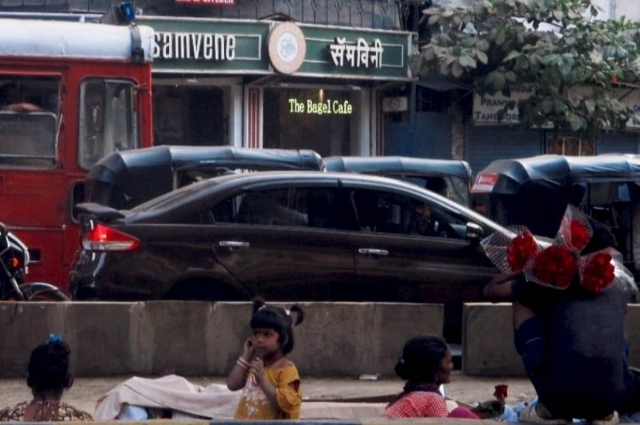
Image by Team Reflections
The Order for the Ban
Bhopal’s district collector has given the order for a ban on begging, giving alms, and purchasing any goods from beggars. The authorities of the capital said on the 4th of February.
This was done by invoking the Bharatiya Nagrik Suraksha Sanhita, Section 163(2) to forbid the above, which was done by Bhopal’s district collector, Kaushalendra Vikram Singh. This invoked Section empowers officials such as the District Magistrate or other Executive Magistrates to issue orders in such cases of nuisances and/or apprehended danger. And then there is Section 223 of the Bharatiya Nyaya Sanhita under which actionable responses will be taken, which includes punishment for not following an order which has been announced by a public servant that has been empowered to do so by the law.
A ban such as this one had been imposed on the 2nd of January by Indore.
The order by Bhopal’s collector stated, “These people (involved in begging) are disobeying the government’s order to curb begging as well as they also create hindrance in the traffic management. People from other States and cities are also involved in begging in the city, many of whom have a criminal history. Most of the people involved in begging are also involved in drugs or other activities.”
The district collector also said that there would be a shelter home reserved at a community health centre in Bhopal’s Kolar region for the rehabilitation of the beggars.
The order also stated that, “Legal action will be taken against the person who gives anything or buys any goods from them for violation of this order.”
The Historical Approach to the attempts at similar bans
In 1959, the Bombay Prevention of Beggary Act was explored with colonial roots playing the favour of this act that sought to clear the streets of the impoverished, destitute, ill patients in need of medical or mental assistance to institutions. Mumbai still has these detention centres under this act, which allows police officers to detain said individuals. The punishment under this act also extends to detention for up to 10 years.
The Delhi High Court in 2018 had strictly refused and struck down certain sections of the Bombay Prevention of Beggary Act by deeming it unconstitutional, decriminalising begging in Delhi as it was the livelihood, nay basic survival of many that turned to begging as their last resort and not with the privilege of having a choice. And the government had also mandated the need to provide social security.
And in 2020, there were rehabilitation efforts made by the Union Ministry of Social Justice and Empowerment which sought to focus on rehabilitation instead of criminalising beggary.
C for Consensus
We the people of India include those of all classes.
There is an understanding of economic disparity found in cities especially due to rapid urbanisation in major cities. There is a need for provisions and implementations of acts that seek to reduce the number of beggars not by detainment, but by rehabilitation, procuring means to earn elsewhere and social security through identification and finally provisions to allow for beggary with specific restrictions if there are other dire consequences that must be addressed due to beggary in certain locations and regions. But banning beggary and prohibiting responses by civilians to beggary by detainment and punishment does not in any way address the issue of poverty that is rampant in India’s developing cities.
